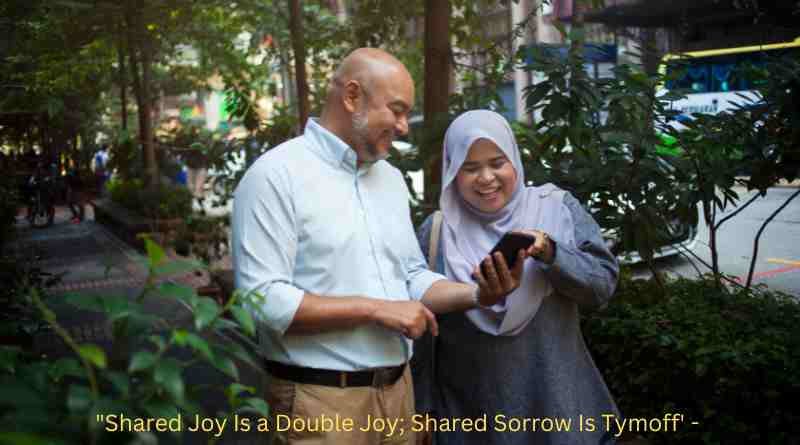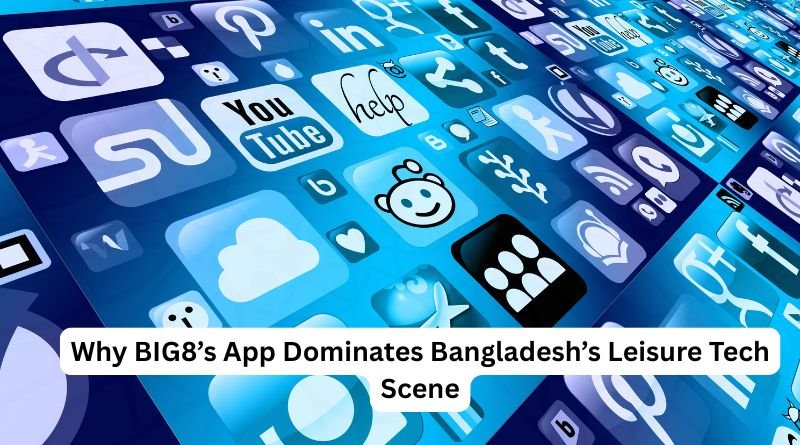“Shared Joy Is a Double Joy; Shared Sorrow Is Tymoff’ – The Power of Community in Amplifying Happiness and Easing Pain

Introduction
The phrase “Shared Joy Is a Double Joy; Shared Sorrow Is Tymoff” encapsulates a timeless truth about human connection and empathy. At the heart of this concept is the understanding that emotions, when shared, can transcend the individual, leading to amplified happiness or mitigated pain. This article delves into the power of community in amplifying happiness and easing pain, exploring how shared emotions can be a source of strength and comfort.
Understanding Shared Emotions
Humans are inherently social beings, wired to connect and share experiences. Psychological research suggests that shared joy not only doubles happiness but also strengthens bonds within a community. Conversely, sharing sorrow can create a sense of solidarity and support, making burdens feel lighter. This emotional exchange is fundamental to the human experience, fostering relationships and communal resilience.
Shared Joy: A Multiplicative Effect
When joy is shared, its intensity magnifies, creating a ripple effect that enhances the well-being of the community. Celebrations, achievements, and positive experiences, when shared, foster a sense of belonging and collective identity. Social media has played a pivotal role in this context, enabling people to share moments of happiness with a wider audience, thus magnifying the joy.
Shared Sorrow: Halving the Burden
The act of sharing sorrow is akin to dividing its weight, making the emotional load more bearable. The concept of ‘Tymoff,’ though less widely recognized, emphasizes the relief that comes from shared grief or hardship. Through communal support and empathy, individuals find solace and strength, underscoring the therapeutic power of shared sorrow.
The Science Behind Emotional Sharing
Neurological and psychological studies have shown that sharing emotions can lead to increased dopamine and oxytocin levels, enhancing feelings of happiness and bonding. The act of being open and vulnerable with others, and receiving empathy in return, not only deepens relationships but also promotes emotional healing and resilience.
Case Studies: Communities That Heal and Celebrate Together
From grief circles to festival gatherings, communities around the world have shown remarkable examples of coming together in times of joy and sorrow. These case studies highlight the universal need for connection and the diverse ways in which communities fulfill this need, showcasing the profound impact of shared emotional experiences.
Technological Tools for Sharing Emotions
In the digital age, platforms like social media, forums, and virtual support groups have become vital in sharing emotions. These technologies offer new ways to connect, share, and find support, transcending geographical boundaries and allowing for a global community of shared experiences.
Strategies for Cultivating Shared Emotional Spaces
Creating spaces for shared emotions requires empathy, active listening, and an openness to vulnerability. This section provides practical tips for individuals and communities to foster environments where emotions can be freely shared, highlighting the importance of such practices in building strong, empathetic connections.
Conclusion
The power of shared emotions in amplifying happiness and easing pain is a testament to the strength of human connection. “Shared Joy Is a Double Joy; Shared Sorrow Is Tymoff” not only reflects a fundamental psychological truth but also offers a guiding principle for building resilient, supportive communities. As we navigate the complexities of life, embracing the power of shared emotions can lead us toward deeper understanding, compassion, and collective well-being.
Read also: check
the spark shop – online shopping big discount






